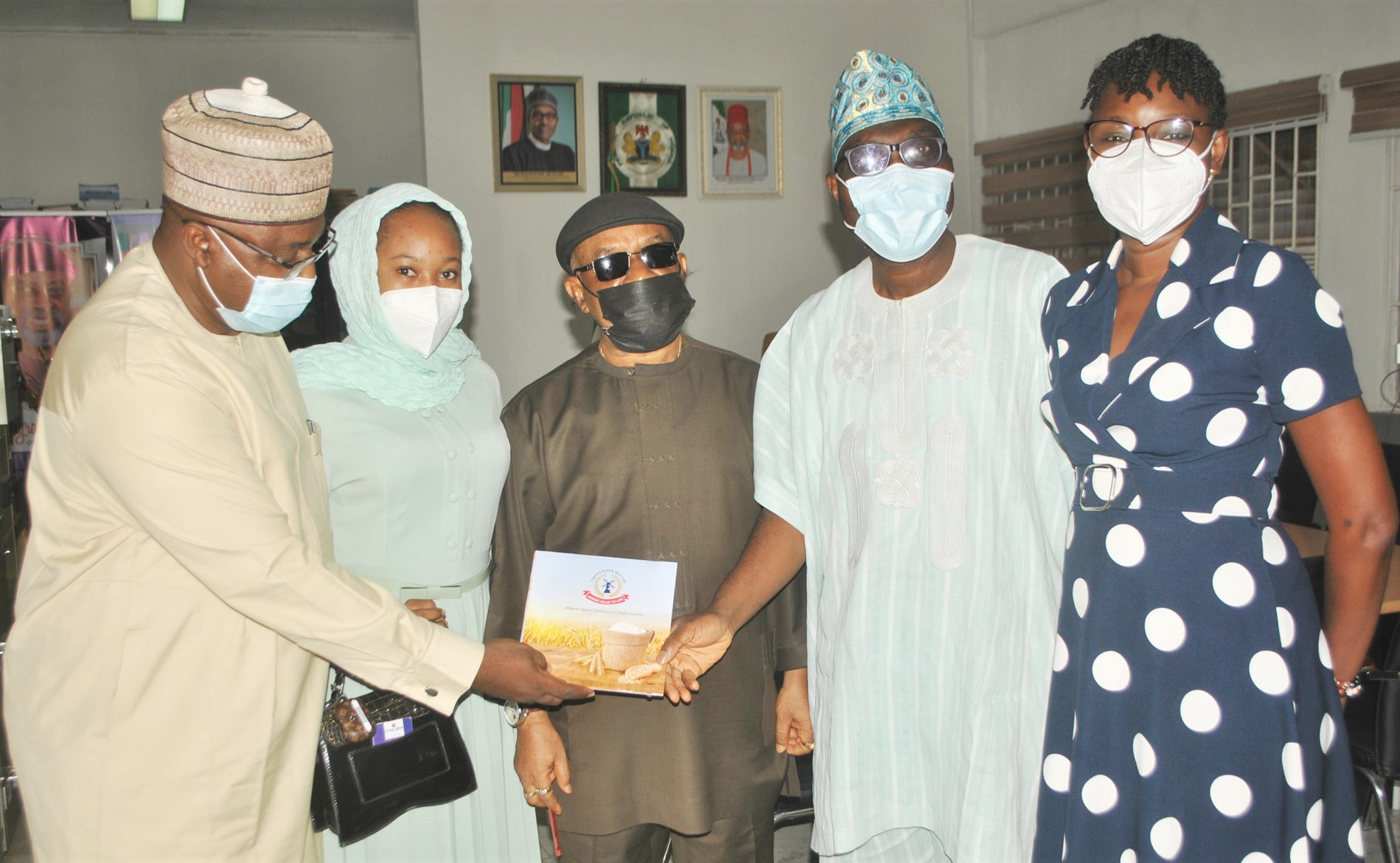A coalition of cassava stakeholders has submitted a new policy framework to the Senate Committee on Agriculture and Development, proposing cassava as a strategic industrial crop capable of saving Nigeria over ₦250 billion annually in wheat import costs.
In a statement issued in Lagos, Co-Convener of the Nigeria Cassava Industrialisation Group (NCIG), Dr. Tony Bello, said the submission was made on behalf of a coalition that includes the NCIG and the Industrial Cassava Stakeholders Association of Nigeria, among others.
He explained that the unified National Cassava Industrialisation and Inclusion Policy (NCIIP) framework aligns with the High-Quality Cassava Flour (HQCF) mandatory inclusion in composite flour production Bill, 2022 (SB 923). The proposal seeks to position cassava as a key component of Nigeria’s industrial and agricultural transformation.
Bello said the policy, presented to the Senate Committee, brings together major public and private sector actors to drive cassava industrialisation. Beyond saving the country significant import costs, the framework is projected to create over 1.2 million jobs and stimulate inclusive industrial growth through innovation, local value addition, and regional trade expansion.
“The NCIIP proposes the establishment of the National Cassava Industrialisation Council (NCIC), to be co-chaired by the Vice President and the Minister of Agriculture and Food Security. This will serve as the central coordinating platform for national action on cassava industrialisation,” Bello said.
He noted that the proposed council would harmonize government efforts with the private sector and development finance initiatives. Partner institutions include the Bank of Agriculture (BoA), Bank of Industry (BoI), NIRSAL Plc, the African Development Bank (AfDB), the Islamic Development Bank (IsDB), and Afreximbank.
Describing the submission as “a national roadmap for food sovereignty and industrial resilience,” Bello stressed that cassava holds vast potential as a bridge between agriculture, manufacturing, and trade, driving new industries, job creation, and export opportunities.
He explained that the NCIIP builds on more than two decades of research and innovation, linking research institutions, Original Equipment Manufacturers (OEMs), ingredient producers, and food manufacturers across Nigeria and the global diaspora.
“Our partnerships with OEMs and food manufacturers are accelerating technology transfer and innovation at the national level,” Bello said. “We are proving that Africa’s food systems can be modern, globally competitive, and powered by local ingenuity and Diaspora investment.”
The coalition urged the National Assembly to adopt the NCIC framework within Senate Bill 923 and institutionalise stronger collaboration among the Ministries of Agriculture and Food Security, Industry, Trade and Investment, and Health and Social Welfare.
Bello added that the group also proposed establishing a Cassava Industrialisation and Innovation Facility (CIIF) to support research, small and medium-sized enterprises (SMEs), and market readiness initiatives.
He further highlighted the importance of ensuring quality assurance, transparency, and traceability through agencies such as the Standards Organisation of Nigeria (SON), the Nigerian National Accreditation System (NiNAS), and NAFDAC, to guarantee that cassava-based products meet both local and export standards.
According to Bello, the framework represents a major step toward transforming cassava into a globally competitive industrial commodity that can strengthen Nigeria’s food security, boost exports, and empower MSMEs across the agricultural value chain.










